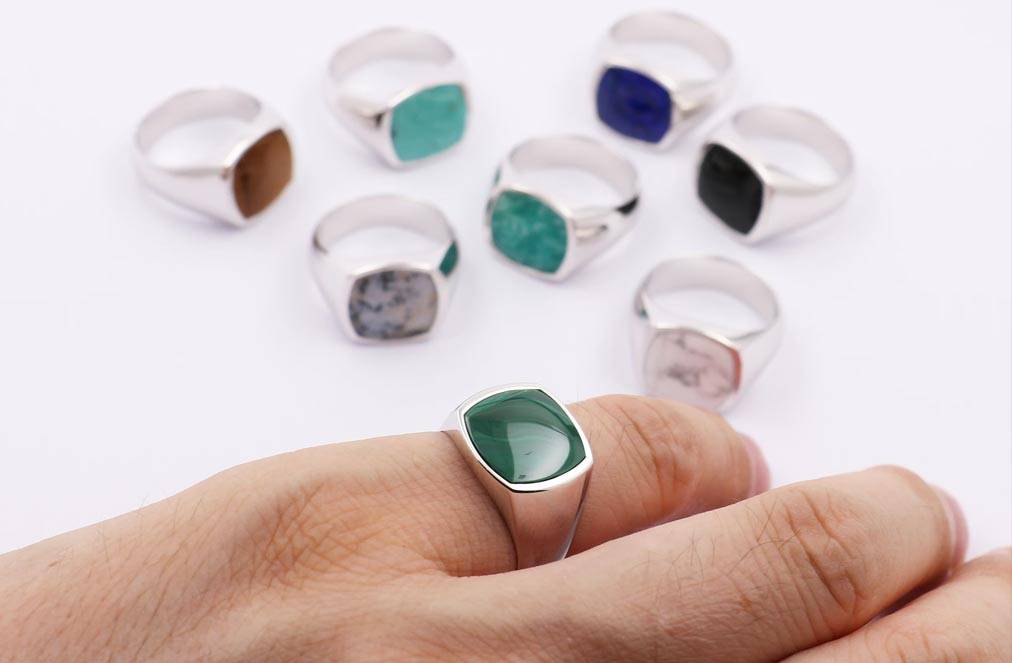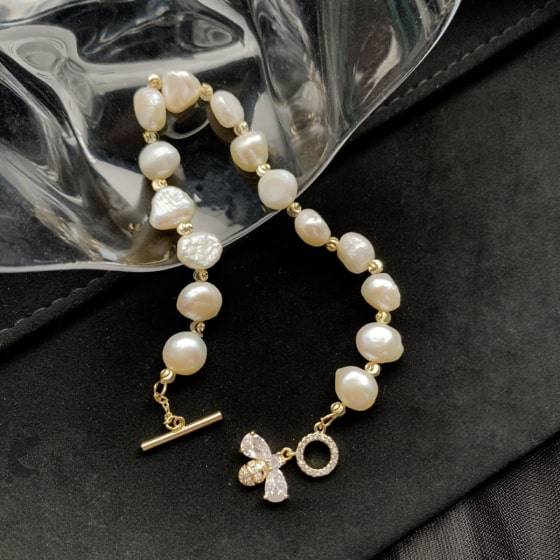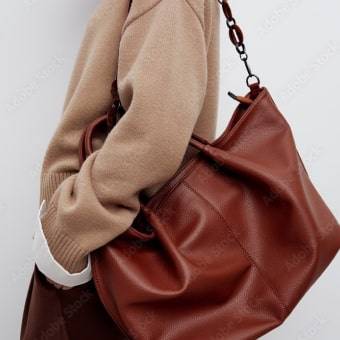History of Pinky Rings, The Power, Secret Meaning: A Gentleman’s Guide

Pinky rings have long been a symbol of power, status, and identity. Worn by gentlemen, gangsters, and entrepreneurs, these small yet significant pieces of jewelry carry deep meanings and rich histories. In this guide, we explore the types of rings, their historical significance, the etiquette of wearing them, and how to start your own tradition with a pinky ring.
Table of Contents
Types of Rings: A Brief Overview
Rings come in various forms and styles, each serving different purposes. From memento mori memorial rings to marriage bands, devotional ecclesiastical rings, purely decorative pieces, and the iconic signet rings, each type tells a unique story. Among these, the pinky ring stands out, encapsulating all these functions and meanings, making it a versatile and powerful accessory.


The Historical Journey of Rings
The journey of rings as a form of jewelry dates back to ancient times. Around 3500 BC, people in Mesopotamia used cylindrical seals as marks of authenticity. The Egyptians later innovated by attaching these seals to fingers, giving birth to the concept of the signet ring. This innovation spread throughout the Roman Empire, where it became a symbol of personal identification for nobles, wealthy merchants, and military officers.
With the fall of the Roman Empire, the signet ring evolved further. During the medieval era, these rings became essential for identifying allegiances and sealing documents. The use of heraldry—symbols, insignia, coats of arms, and crests—flourished, becoming a complex system to denote social rank and family loyalty. In England, King Edward II decreed in the 14th century that all official documents must be signed with a signet ring, further solidifying its importance.


Signet Rings: A Legacy of Power and Tradition
Signet rings have a long-standing association with power and authority. Historically, they were used to authenticate documents, serving as a personal seal for the wearer. This tradition has carried on into modern times, albeit with some adaptations. For instance, while traditionally worn on the left pinky finger, it’s now common to see these rings on the right hand or even other fingers, depending on personal preference and cultural norms.
The unwritten rule of receiving a signet ring at the age of 21 and wearing it on the left pinky is rooted in tradition. However, many, like Winston Churchill, who wore his signet ring on his right ring finger, chose comfort and personal preference over strict adherence to tradition.
The Modern Pinky Ring: Beyond Tradition
Today, the pinky ring has transcended its aristocratic origins and found a place in various subcultures, including organized crime. The Mafia, particularly in Southern Italy, adopted pinky rings as symbols of their unique code of conduct and power structure. This association with the Mafia has permeated popular culture, influencing countless films, TV shows, and other media.
The migration of Southern Italians to the United States in the 19th century brought these traditions to the New World. This cultural transfer led to the iconic portrayal of gangsters wearing pinky rings in movies like “The Godfather,” further embedding the pinky ring in the American imagination.
Pinky Rings in Popular Culture and Media
Beyond the Mafia, pinky rings have become a staple in various media representations of power and wealth. Characters like Gordon Gecko in “Wall Street” and countless Bond villains have sported pinky rings, using them as symbols of their status and authority. The trope of the “Euro villain” with a pinky ring has become so entrenched that it is often satirized, yet it continues to hold a certain allure and fascination.
Personal Symbolism and Legacy
For many, wearing a pinky ring is not about flaunting wealth or power but rather about personal symbolism and legacy. A pinky ring can represent family heritage, as in the case of individuals who inherit rings passed down through generations. It can also symbolize personal achievements, such as class rings or military insignia.
The versatility of the pinky ring also extends to its design. While some may prefer a classic engraved signet ring, others might opt for a ring adorned with a gemstone, such as a birthstone, or a monogram. This personalization makes the pinky ring a unique and meaningful accessory for the wearer.


Choosing and Wearing a Pinky Ring
Choosing the right pinky ring involves considering both aesthetic and symbolic factors. When selecting a ring, consider the material—gold, silver, or stainless steel—each offering different looks and durability. The design, whether it includes a gemstone, engraving, or a simple band, should reflect personal style and significance.
It’s also essential to consider comfort and fit. Pinky rings should not only look good but also feel comfortable to wear. Using a finger sizing tool can help ensure a perfect fit, especially when ordering a custom-made piece.

Conclusion: The Enduring Allure of Pinky Rings
Pinky rings have been a part of human history for centuries, evolving from symbols of power and identification to expressions of personal style and legacy. Whether worn as a family heirloom, a symbol of achievement, or a fashion statement, pinky rings remain a powerful and versatile accessory.
At Jewelry Addict, we offer a wide selection of pinky rings, from classic signet styles to modern designs. Our collection caters to diverse tastes and preferences, ensuring that every customer can find the perfect ring to suit their personality and style.
All right’s reserved @ 2024 Jwlraddicts.com

















